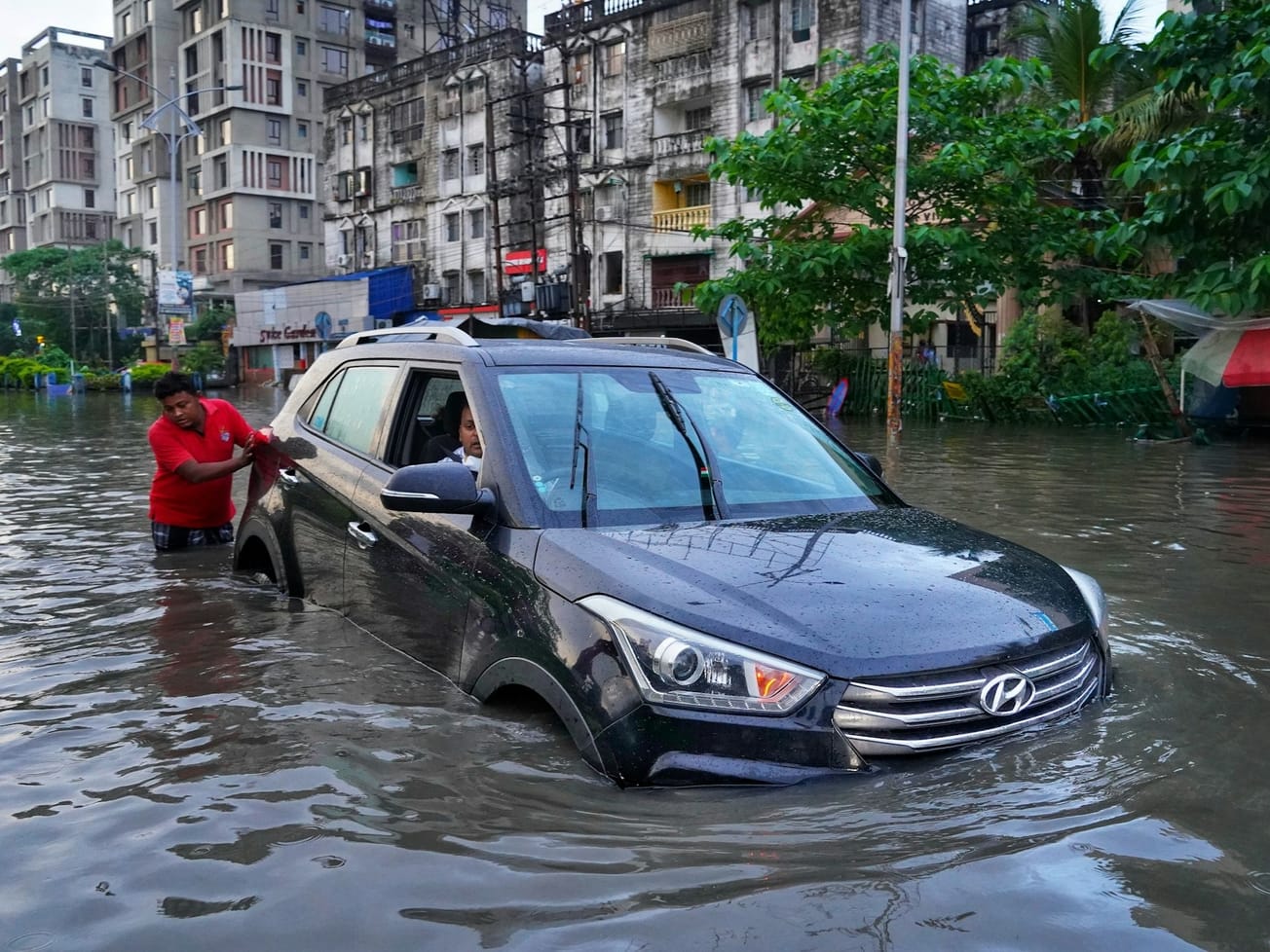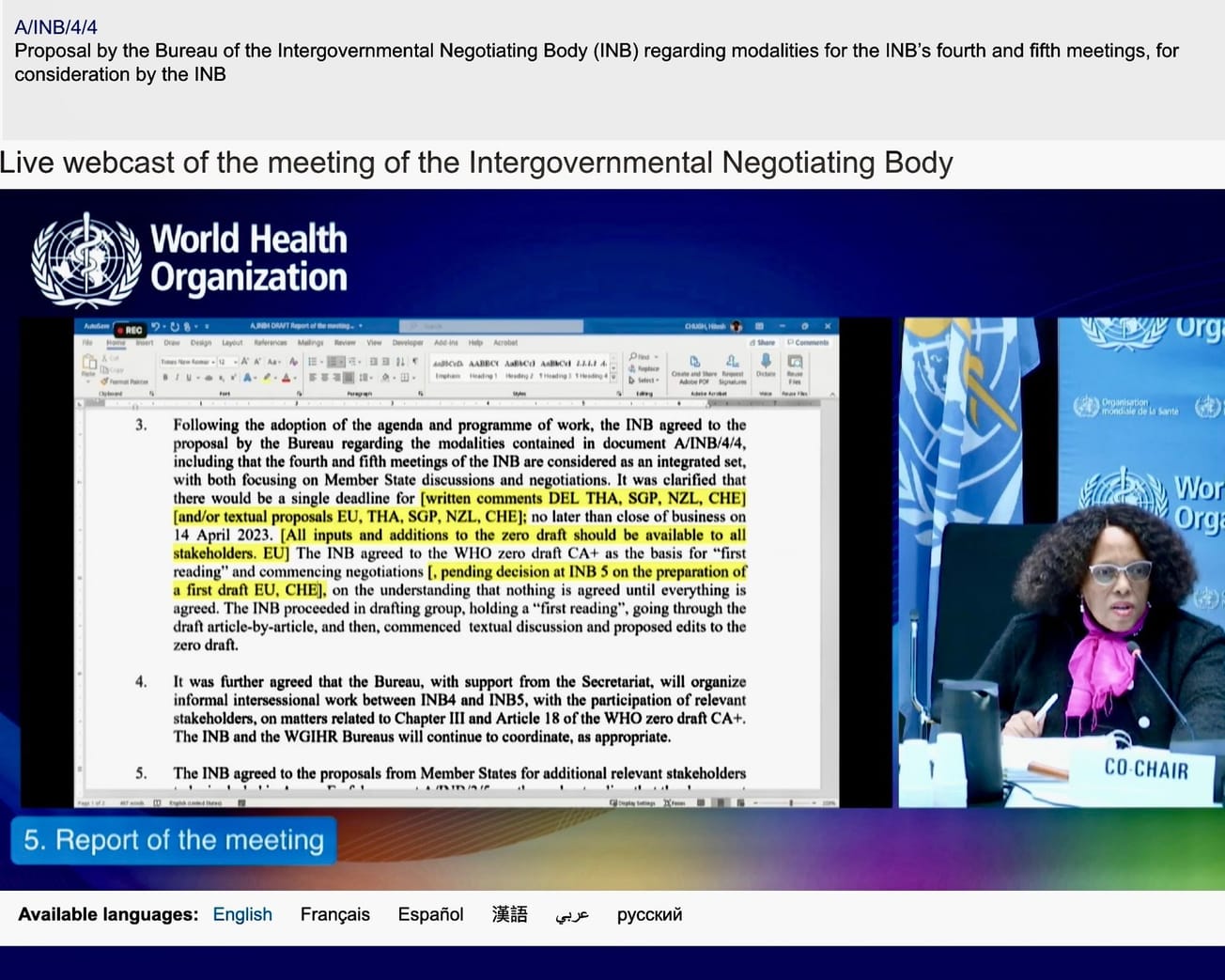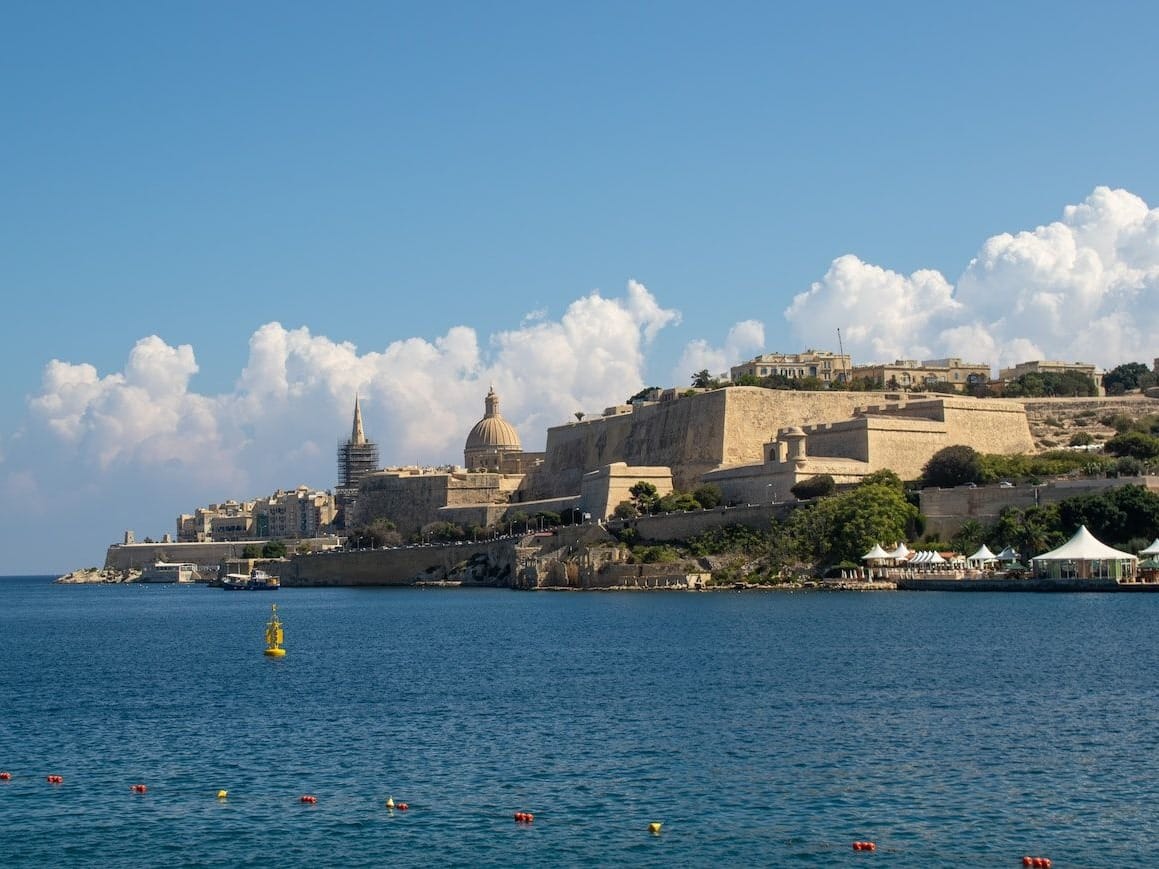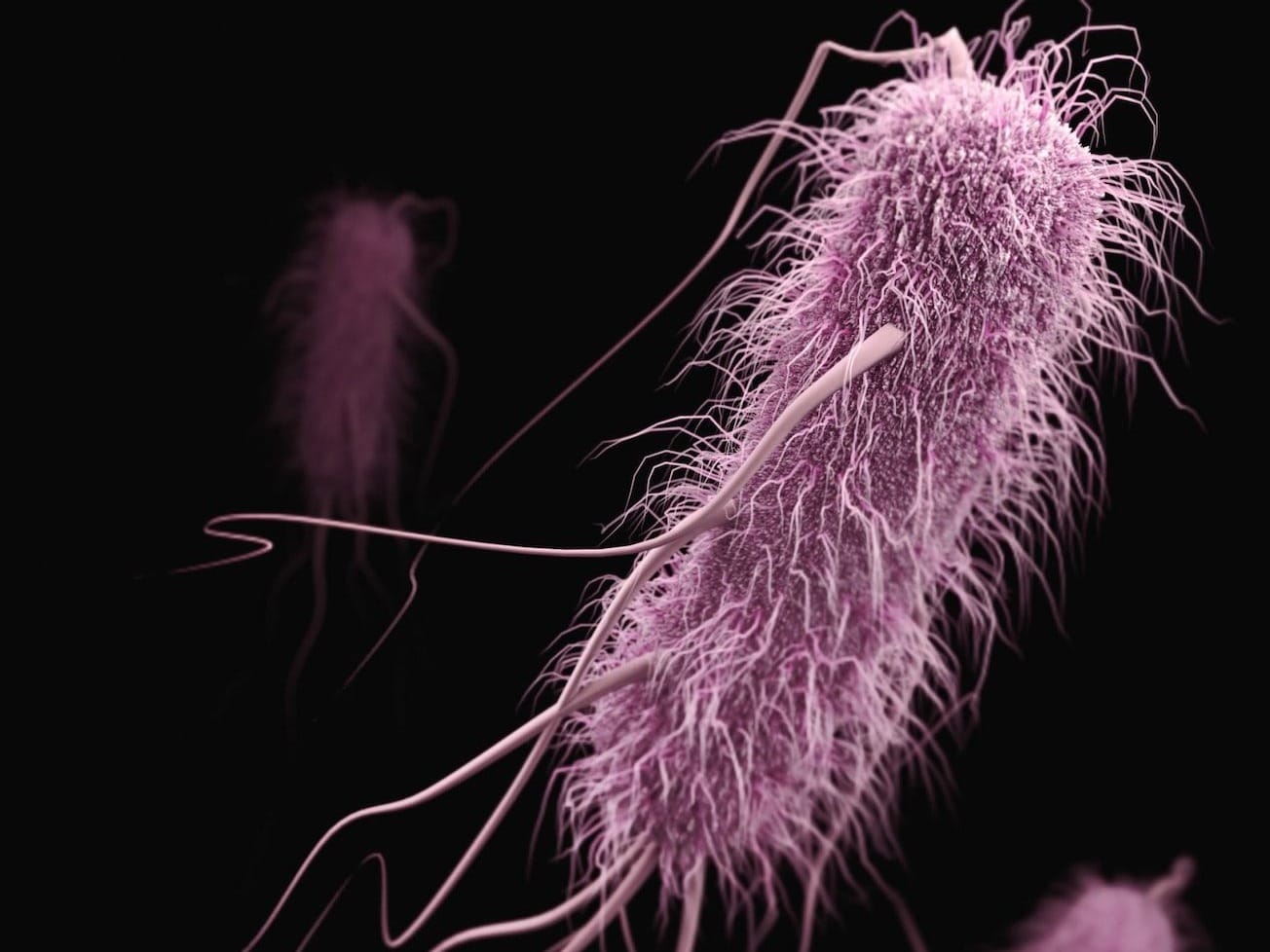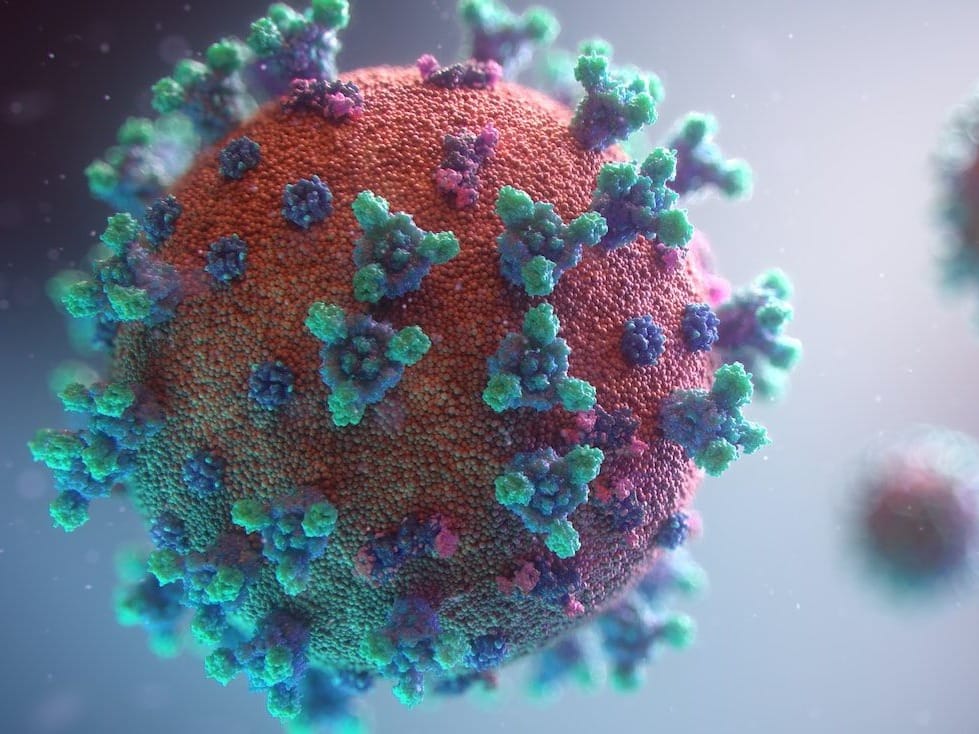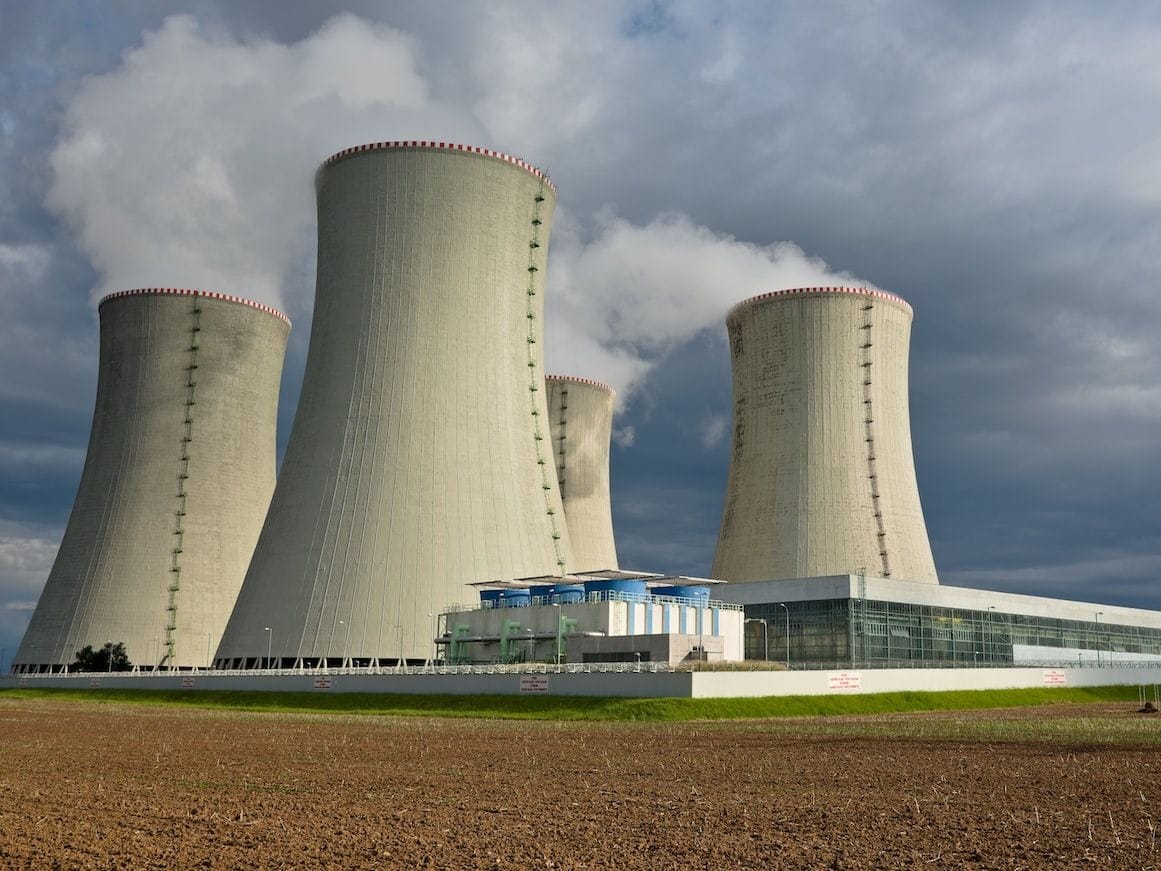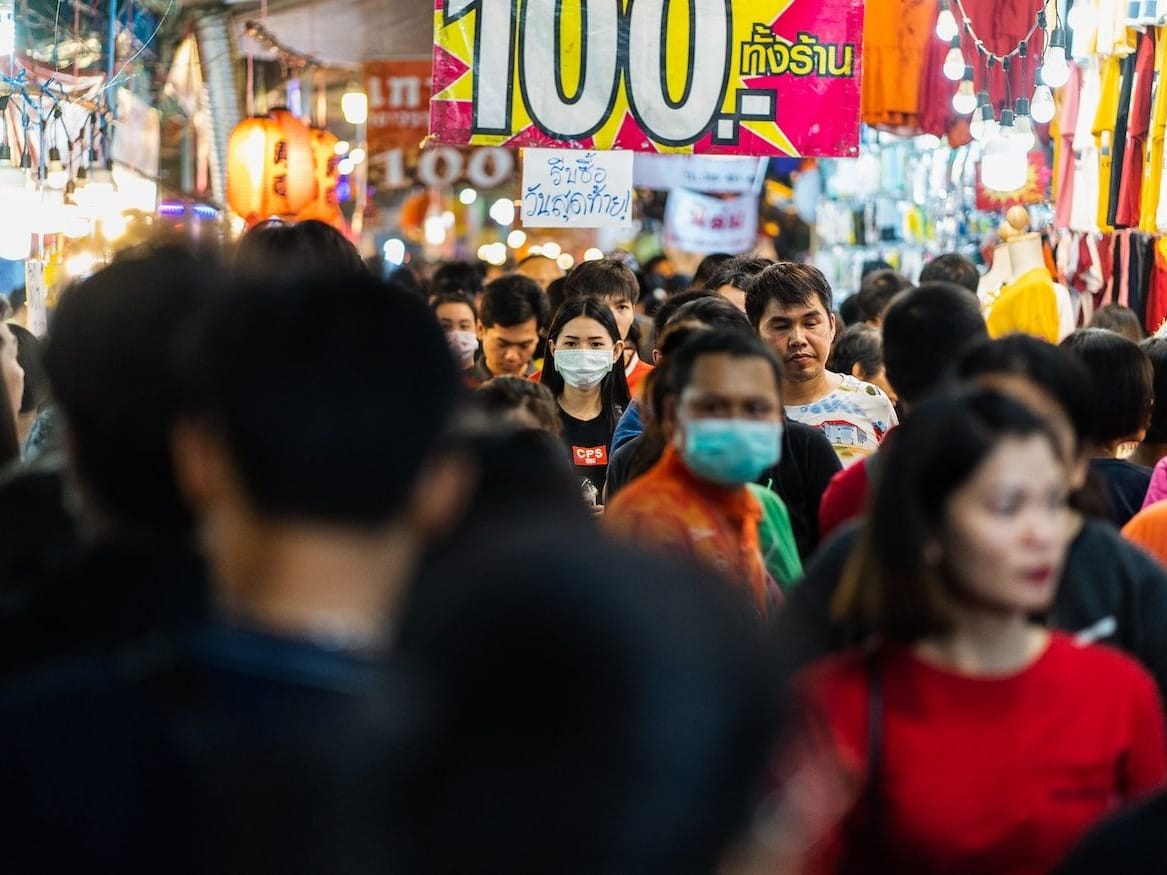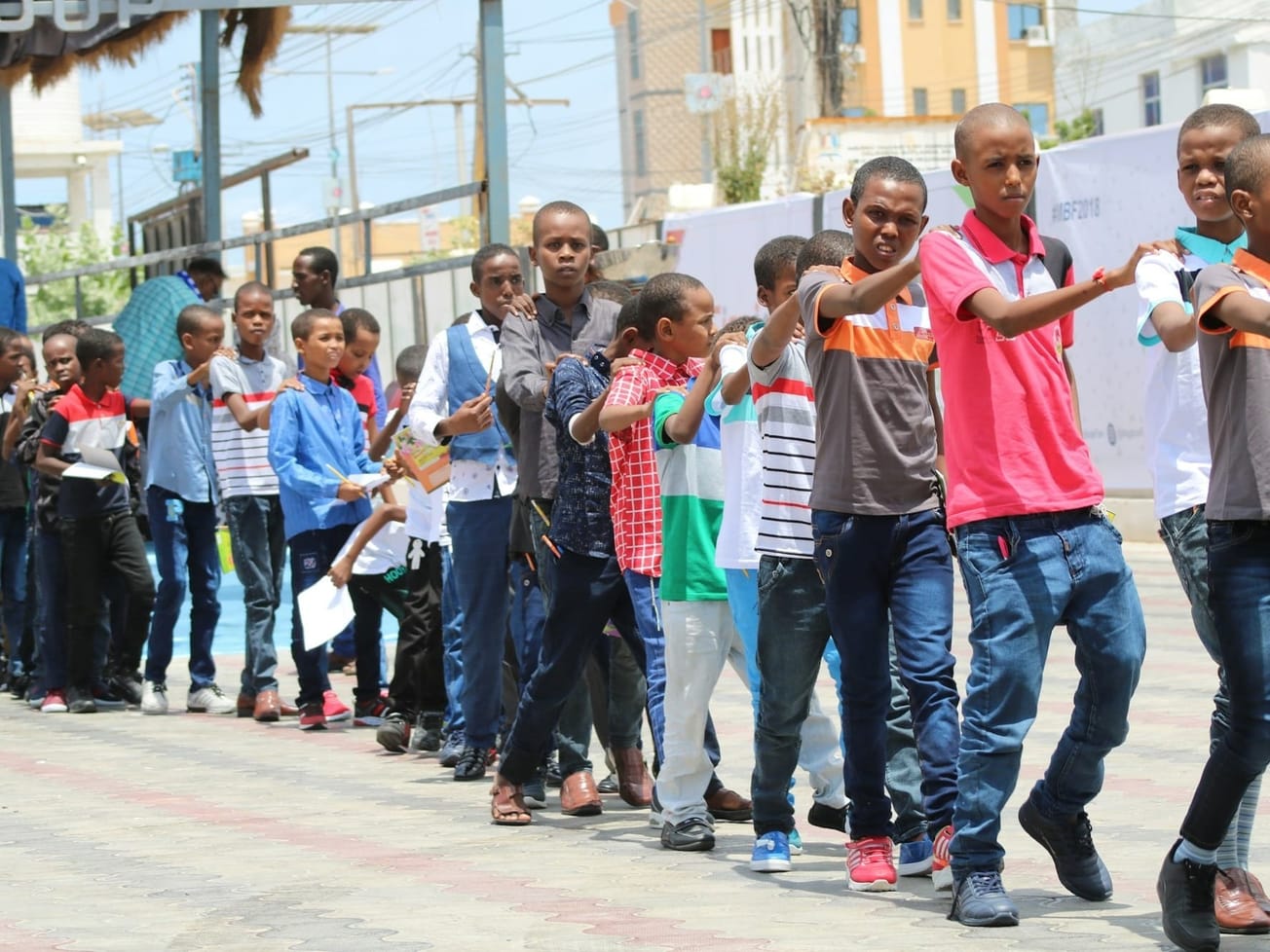
In the Greater Horn of Africa, tens of millions hungry and driven to flee
Some 129,000 people are 'facing starvation and staring death in the eyes,' while 11.9 million children under five could face acute malnutrition.
Melting glaciers. Rising sea levels. Wildfires. Food shortages. Mass coral reef deaths and widespread species extinctions. Global pandemics. Every other issue is secondary. In a world of climate change, direct impacts on humanity are evident where we live and work and on the health and well-being of many populations. Climate change is a truly global issue; fighting it demands global cooperation and financing through summits, known as COPs, and landmark treaties like the Paris Agreement.

Already have an account? Log in
Some 129,000 people are 'facing starvation and staring death in the eyes,' while 11.9 million children under five could face acute malnutrition.
A stranded supertanker, moored off the coast of Yemen near a pipeline to oil and gas fields, nearly sank in 2020.
The global health organization said it plans to hold a closed-door election to replace Dr. Takeshi Kasai in October.
A third of the world, mainly in least developed countries and small island developing states, isn't covered by early warning systems.
The treaty is intended to strengthen marine protections on international waters beyond the 200 nautical mile jurisdiction of coastal nations.
The treaty takes aim at the huge inequalities in health care and access to products that the COVID-19 pandemic brought into sharp focus.
The U.N. health agency says it updated its plans based on China's response but there's been "no quiet shelving of any plans" for investigating.
The tiny island nation made the case that more attention must be focused on the threat of rising sea levels and gaps in international law about loss of land.
Fed by pollution and climate change, strains of bacteria immune to all known antibiotics may become a major cause of death by mid-century.
Chief among the questions over a proposed pandemic treaty is an 'accountability gap' that undermines the proposed treaty's potential.
The rationale for the WHO's proposed pandemic treaty is to erase "gross inequities" between rich and poor that's a scourge of the pandemic.
WHO leaders agree the pandemic may be approaching "an inflection point" of higher immunity resulting in fewer deaths.
Almost half of WHO's `94 member nations said they "still lacked essential elements of preparedness for radiation emergencies."
Despite the temptation to end the pandemic, some leading health experts say it would be better to keep up the pressure.
A lack of feed, fertilizer, financing, food and fuel is blamed for hunger, lack of nutrition and medical issues from conflicts, climate and other factors.
Mounting frustration and anger over inaction on climate change is compounded by outrage over rising inequalities between rich and poor.


